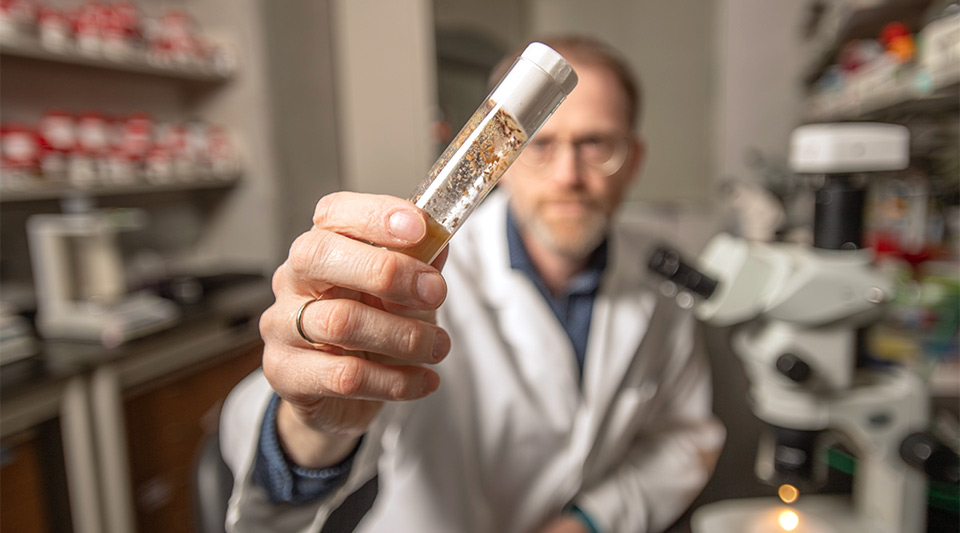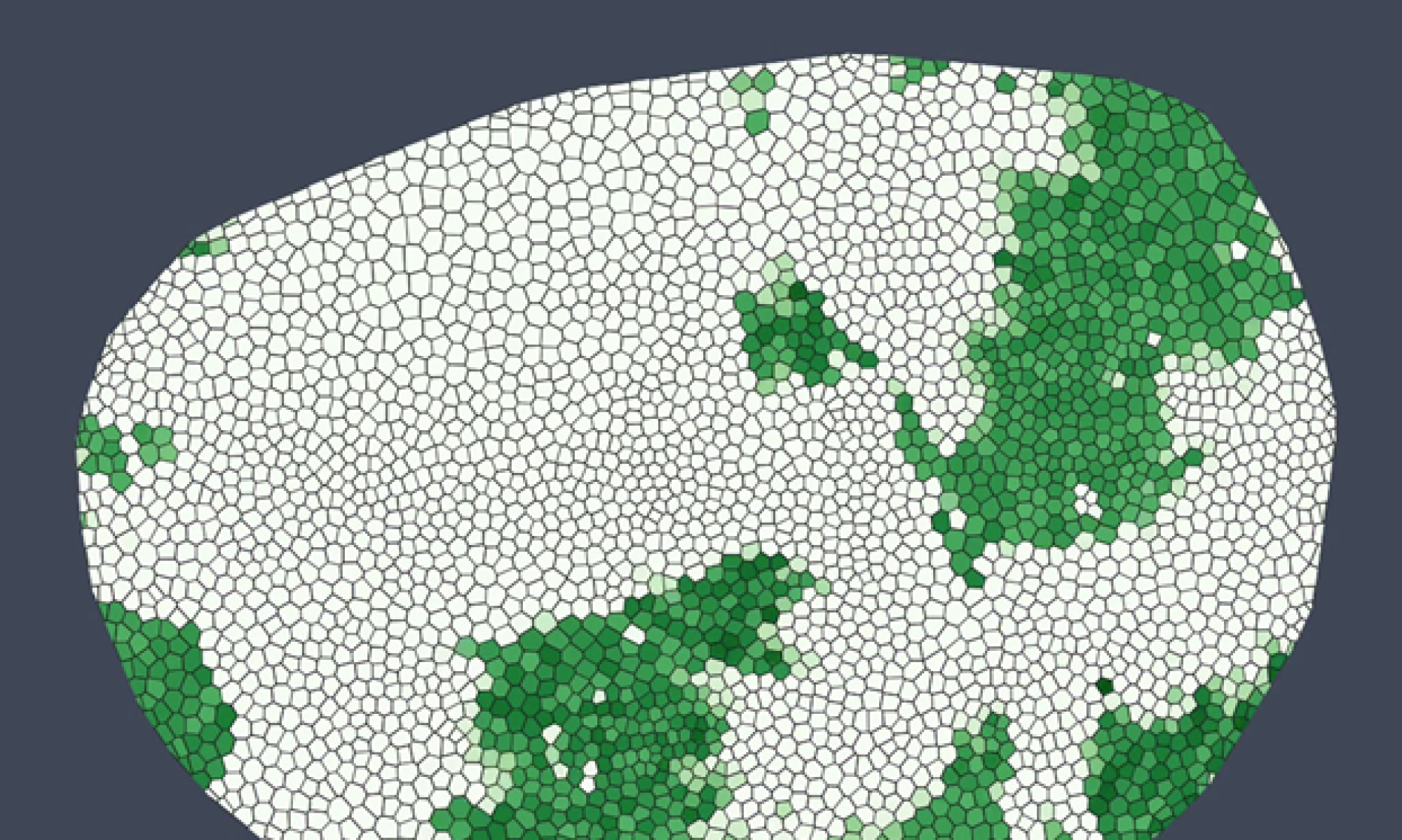Research in the Zartman Lab
Mechanisms of Tissue Development, Growth, and Engineering
The Multicellular Systems Engineering Lab (MSEL) at the University of Notre Dame explores how tissues grow, organize, and regenerate through coordinated chemical and mechanical signals. Our research integrates experimental biology, computational modeling, and engineering principles to understand and control organogenesis across scales—from gene networks to whole tissues.
We work primarily with the Drosophila model system due to its genetic tractability and conservation of key signaling pathways, and we develop complementary tools in cell culture, organ-on-chips, and live imaging platforms.
Our long-term goal is to provide a systems-level understanding of tissue growth and form that informs new strategies in tissue engineering, regenerative medicine, and synthetic biology.

Research Areas
1. Tissue Morphogenesis and Organ Shape Control
We investigate how signaling pathways and mechanical forces guide the development of organ shape and structure. By combining in vitro organ culture with computational simulations, we study how cells interpret spatial cues and how tissues transition from simple epithelial sheets to complex three-dimensional structures.
Key topics include:
- Integration of mechanical and chemical signals during development
- Modeling morphogen gradients and signaling feedback
- Mechanics of epithelial folding and tissue deformation
2. Growth Regulation in Development and Regeneration
We study how cells respond to environmental and genetic inputs to regulate growth, and how this process breaks down in diseases like cancer.
Our lab uses:
- Live confocal imaging of developing tissues
- Quantitative image analysis and data-driven modeling
- Analysis of signaling networks that regulate cell proliferation and death[CF3]
We also investigate how regeneration can be enhanced by modulating growth signals in injured tissues.
3. Engineering Tools for Cell and Organ Culture
A major part of our work involves building systems to study development in well-controlled environments. We design microfluidic devices and chemically defined media to support high-resolution studies of cell and tissue behavior.
Projects in this area include:
- Organ-on-chip platforms for imaging and manipulating live tissues
- Investigation of how extrinsic factors—like hormones and nutrients—affect tissue patterning and growth
- Development of serum-free, defined media for Drosophila cell and organ culture.
These platforms enable us to isolate specific variables and test hypotheses about the regulatory logic of organ formation.
Our Approach
The lab combines tools and methods from several disciplines:
- Biomolecular Engineering: Synthetic biology, media design, biochemical signaling
- Quantitative Biology: Image analysis, time-lapse microscopy, statistical modeling
- Systems and Control Theory: Network modeling, decision-making algorithms in biological systems
- Soft Materials and Mechanics: Modeling mechanical forces in tissues, using materials-based assays
Our work is deeply collaborative, both within the University of Notre Dame and with external research partners, including active projects through the NSF-funded EMBRIO Institute.
Join Our Team
The Zartman Lab is actively recruiting graduate students and postdoctoral researchers. If you are interested in joining our group, please contact Dr. Jeremiah Zartman with your CV and research interests.
